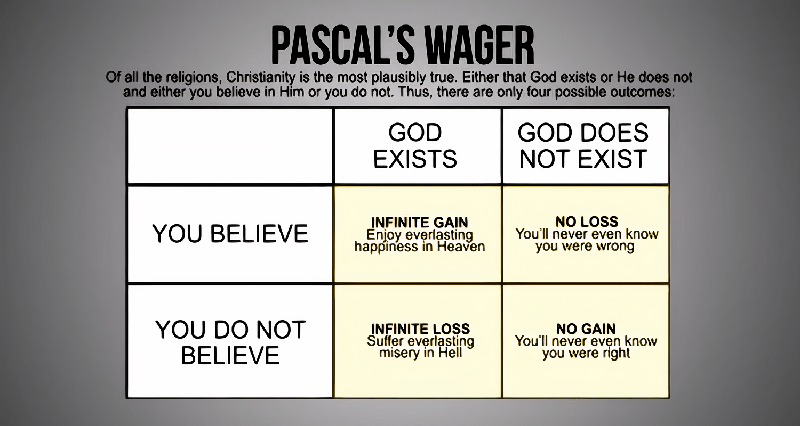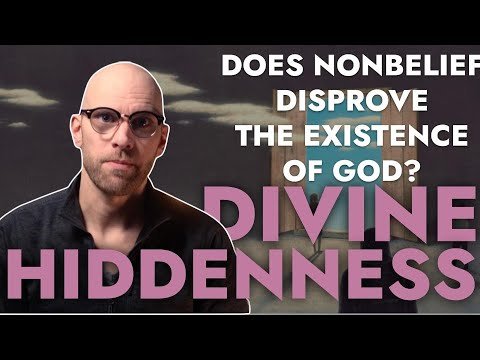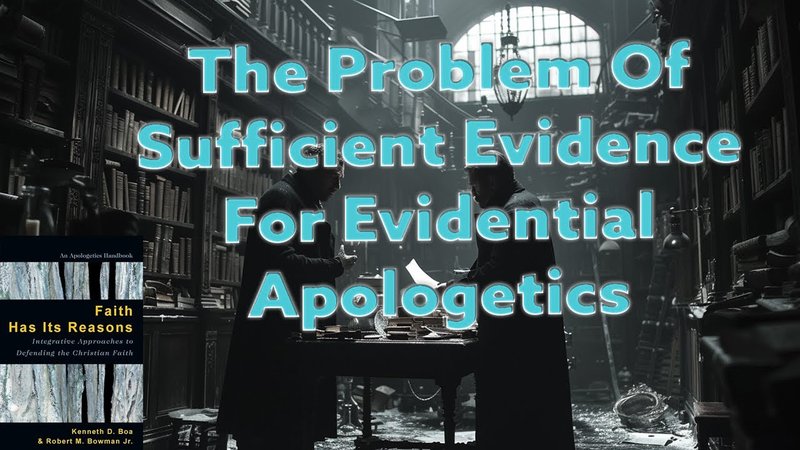· Apologetics > Apologetics Basics > Arguments · 4 min read
Eternal Blessings Unlocked: Pascal's Wager Explained Biblically
Explore Pascal's Wager: An insightful analysis of the philosophical argument proposing belief in God as a rational choice for individuals, delving into its implications and criticisms.

Pascal’s Wager: A Christian Perspective
Pascal’s Wager is a philosophical concept put forth by the 17th-century French philosopher and mathematician, Blaise Pascal. It suggests that it is rational to believe in God, as the potential gain of living a life of faith outweighs the potential loss. While Pascal’s argument has been widely discussed and debated, it is important to examine it from a biblical, young-earth, conservative Christian perspective.
The Essence of Pascal’s Wager
Pascal’s Wager proposes that since we cannot come to the knowledge of God’s existence through reason alone, it is wise to live our lives as if God does exist. According to Pascal, this way of life offers everything to gain and nothing to lose. If God does exist and we live as though He does, we gain heaven. If He doesn’t exist, we lose nothing. On the other hand, if we live as though God doesn’t exist and He truly does, we gain hell and punishment while losing heaven and bliss. Pascal argues that when weighing the options, it is rational to choose to live as if God exists.
Criticisms of Pascal’s Wager
Various criticisms have been raised against Pascal’s Wager over the years. One criticism comes from the argument of inconsistent revelations. Critics argue that limiting the choices solely to the Christian God is unfounded since there have been many religions throughout human history. Therefore, they suggest that there could potentially be many gods to consider.
Another critique comes from atheist circles, where it is postulated that a god might reward honest disbelief while punishing blind or feigned faith. These critiques challenge the assumption made in Pascal’s Wager that belief in any god leads to heaven and disbelief leads to hell.
Biblical Considerations
When examining Pascal’s Wager from a biblical perspective, several important points arise.
1. The Knowledge of God Through Reason Pascal’s Wager fails to take into account the apostle Paul’s argument in Romans 1 that the knowledge of God is evident to all, leaving them without excuse. Reason alone can bring us to the knowledge of God’s existence, albeit an incomplete knowledge. As such, Pascal’s claim that reason alone cannot lead to God is not consistent with Scripture.
2. The Cost of Following Jesus Pascal’s Wager overlooks the cost involved in following Jesus. In the Gospel of Luke, Jesus emphasizes the importance of counting the costs of discipleship. Following Jesus requires sacrifice and may even result in the hatred of the world. Pascal’s Wager does not address these aspects, reducing faith in Christ to mere credulity.
3. The Depravity of Human Nature Pascal’s Wager does not consider the depravity of human nature and the role of the Holy Spirit in bringing about true saving faith. The natural man, one who has not been born again by the Holy Spirit, cannot be persuaded to faith in Christ through a cost-benefit analysis like Pascal’s Wager. True faith is a result of being born again and is spiritually discerned.
4. Faith as Love for Christ Pascal’s Wager focuses on a risk-reward outlook rather than a true saving faith relationship with Christ. Jesus emphasized that obedience to His commands is evidence of love for Him. If our motivation for belief and obedience is solely driven by a desire for heaven and to avoid hell, it diminishes faith and obedience as acts of love for Christ.
Why This Matters
Understanding and critically evaluating Pascal’s Wager from a biblical perspective is crucial for Christians. It allows believers to discern its limitations and inadequacies as an evangelistic and apologetic tool. Christians are called to share and proclaim the gospel of Jesus Christ, which alone holds the power for salvation to everyone who believes.
Think About It
As Christians, what motivates our faith and obedience? Are we driven by a desire for reward or by a sincere love for Christ? How can we effectively communicate the Gospel message without reducing it to a mere cost-benefit analysis? These questions challenge us to examine the nature of our faith and to ensure that it aligns with the teachings of Scripture.



